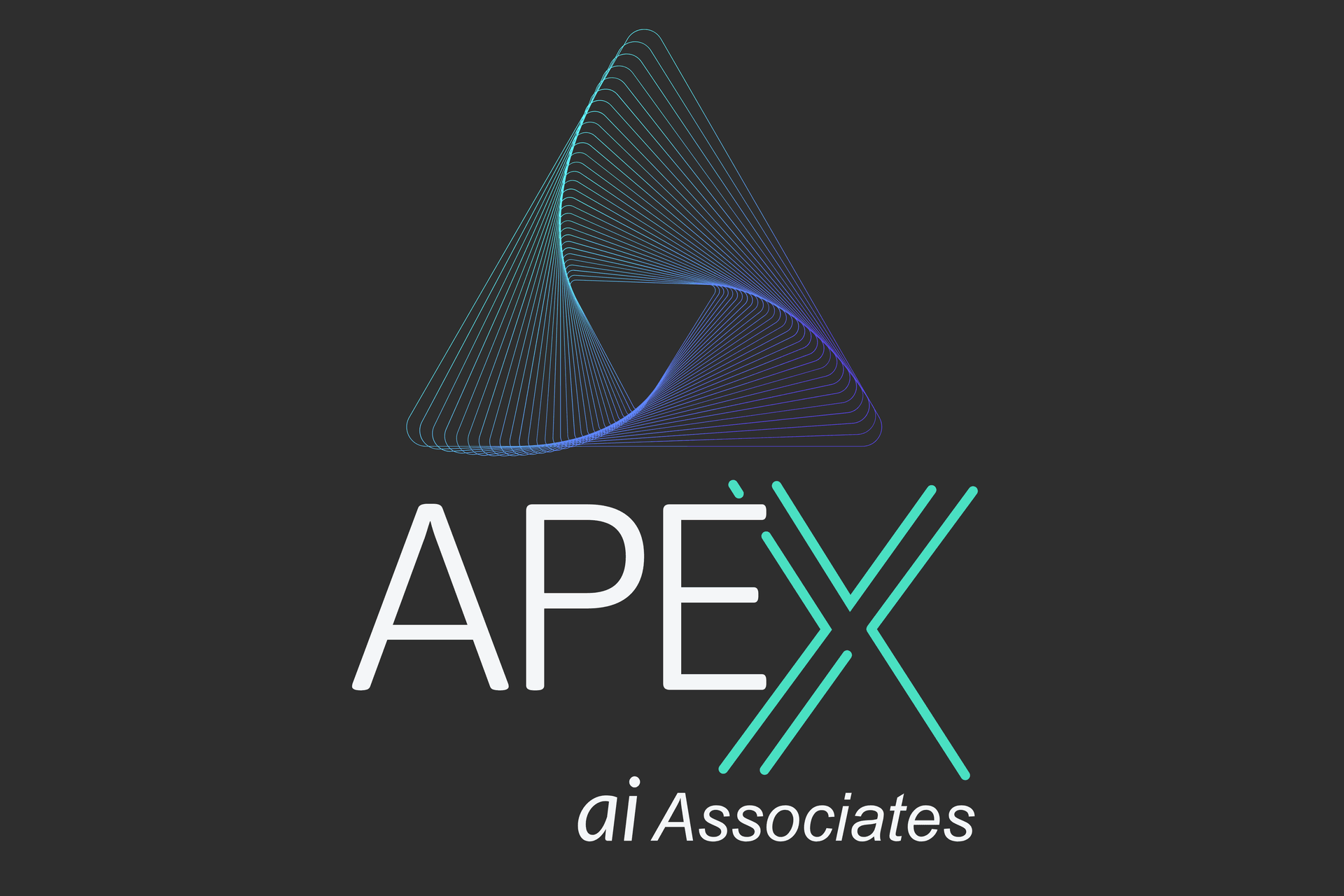Common Misconceptions About AI Implementation and How to Avoid Them
Understanding AI Implementation
Artificial Intelligence (AI) is rapidly transforming industries, but its implementation is often misunderstood. Many businesses rush to adopt AI without fully grasping the nuances involved, which can lead to costly mistakes and inefficiencies. Understanding the common misconceptions about AI implementation is crucial to harnessing its full potential.

Misconception 1: AI Can Replace Human Jobs Overnight
One of the biggest myths is that AI can immediately replace human jobs. While AI can automate certain tasks, it cannot replicate human creativity, empathy, and decision-making. Businesses should view AI as a tool to augment human capabilities rather than a replacement. This approach not only enhances productivity but also fosters innovation.
To avoid this misconception, companies should focus on training employees to work alongside AI, leveraging its strengths to improve overall outcomes. This synergy between humans and machines can lead to more efficient processes and improved job satisfaction.
Misconception 2: AI Implementation Is Plug-and-Play
Another prevalent misconception is that implementing AI is as simple as installing software. In reality, successful AI implementation requires careful planning, integration with existing systems, and continuous monitoring. Companies need to customize AI solutions to fit their specific needs and ensure they align with business objectives.

To avoid this pitfall, businesses should start with a clear strategy, outlining the goals they hope to achieve with AI. Engaging with experts who can guide the customization and integration process is also essential to ensure a smooth transition.
Misconception 3: Only Large Companies Can Afford AI
Many small and medium-sized enterprises (SMEs) believe that AI is only accessible to large corporations with vast resources. However, advancements in technology have made AI more affordable and scalable for businesses of all sizes. Cloud-based AI solutions and open-source platforms have democratized access, allowing SMEs to benefit from AI innovations.
To take advantage of these opportunities, SMEs should explore cloud-based services that offer flexible pricing models. Partnering with tech providers that specialize in solutions for smaller businesses can also help in effectively implementing AI without breaking the bank.

Navigating the Challenges
Despite these misconceptions, implementing AI is not without challenges. Data privacy concerns, ethical considerations, and the need for skilled personnel are some of the hurdles businesses may face. Addressing these challenges head-on is crucial for successful AI adoption.
Data Privacy and Ethical Concerns
With AI systems relying heavily on data, ensuring data privacy and ethical use is paramount. Businesses must comply with regulations like GDPR and develop transparent policies regarding data usage. Ethical considerations should be embedded in the development and deployment of AI technologies.
By prioritizing data privacy and ethics, companies can build trust with their customers and stakeholders, creating a more sustainable framework for AI implementation.
Conclusion
AI holds immense potential for transforming businesses across various sectors. By dispelling common misconceptions and understanding the complexities of AI implementation, companies can avoid pitfalls and maximize the benefits of this powerful technology. With the right approach, AI can become a catalyst for growth and innovation.
